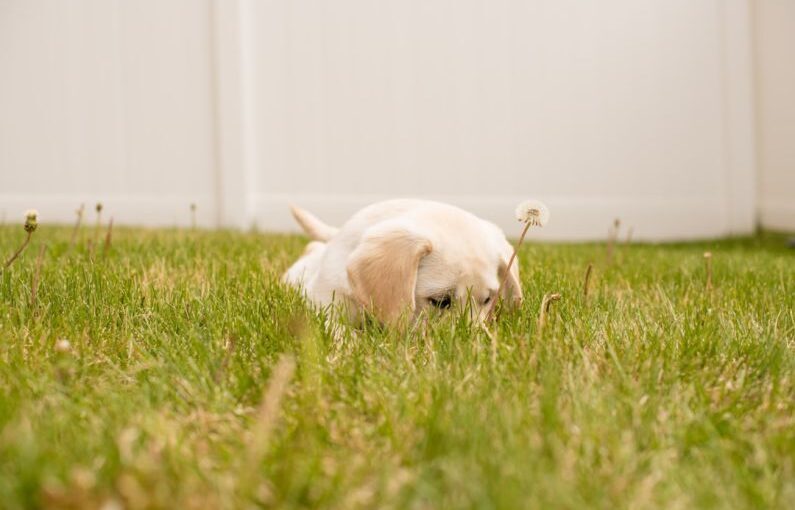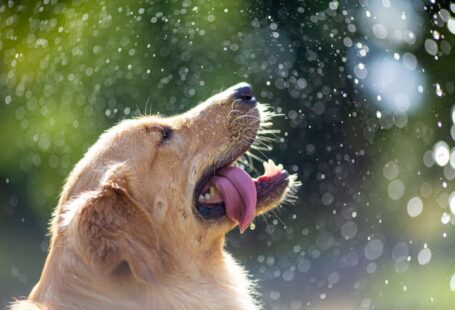Separation anxiety is a common issue that many puppy owners face. As much as we love our furry companions, it is essential to teach them how to cope with being alone. Understanding the root causes of separation anxiety and implementing effective training methods can help your puppy develop the necessary skills to feel more comfortable when you are away.
**Recognizing Separation Anxiety**
Puppies, just like humans, thrive on companionship and can become distressed when left alone. Separation anxiety in puppies can manifest in various ways, such as excessive barking, destructive behavior, pacing, and even soiling in the house. It is crucial to differentiate between normal puppy behavior and separation anxiety to address the issue effectively.
**Creating a Safe Space**
One way to help your puppy deal with separation anxiety is by creating a safe and comfortable space for them. This designated area can be a crate, a room, or a specific corner of the house where your puppy feels secure. Make sure the space is equipped with their favorite toys, a comfortable bed, and items that carry your scent to provide reassurance in your absence.
**Gradual Departures**
When leaving your puppy alone, it is essential to practice gradual departures to help them adjust to being alone. Start by leaving them alone for short periods and gradually increase the duration as they become more comfortable. This gradual approach can help prevent your puppy from associating your departure with anxiety and fear.
**Establishing a Routine**
Dogs thrive on routines, and establishing a consistent schedule can help reduce separation anxiety in puppies. Set specific times for feeding, playtime, and alone time to create a sense of predictability for your puppy. Consistency in your daily routine can help your puppy feel more secure and less anxious when you are not around.
**Desensitization Training**
Desensitization training involves exposing your puppy to short periods of separation to help them become accustomed to being alone. Start by leaving them alone for a few minutes and gradually increase the time as they become more relaxed. This training method can help your puppy build confidence and independence when left alone.
**Positive Reinforcement**
Using positive reinforcement techniques can be highly effective in addressing separation anxiety in puppies. Reward your puppy with treats, praise, or toys when they exhibit calm and relaxed behavior during your departures. Positive reinforcement helps reinforce positive associations with being alone and encourages your puppy to feel more at ease in your absence.
**Seeking Professional Help**
If your puppy’s separation anxiety persists despite your efforts, seeking professional help from a veterinarian or a certified dog trainer may be necessary. They can offer specialized training techniques, behavior modification strategies, or even medication in severe cases to help your puppy overcome separation anxiety.
**Conclusion: Overcoming Separation Anxiety**
Dealing with separation anxiety in puppies requires patience, consistency, and understanding. By recognizing the signs of separation anxiety, creating a safe space, implementing gradual departures, establishing a routine, practicing desensitization training, using positive reinforcement, and seeking professional help when needed, you can help your puppy develop the skills to cope with being alone. With the right approach and dedication, you can support your puppy in overcoming separation anxiety and fostering a healthy and happy relationship.





